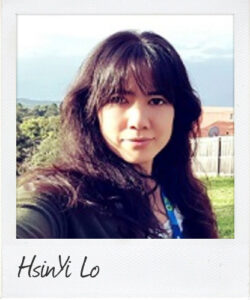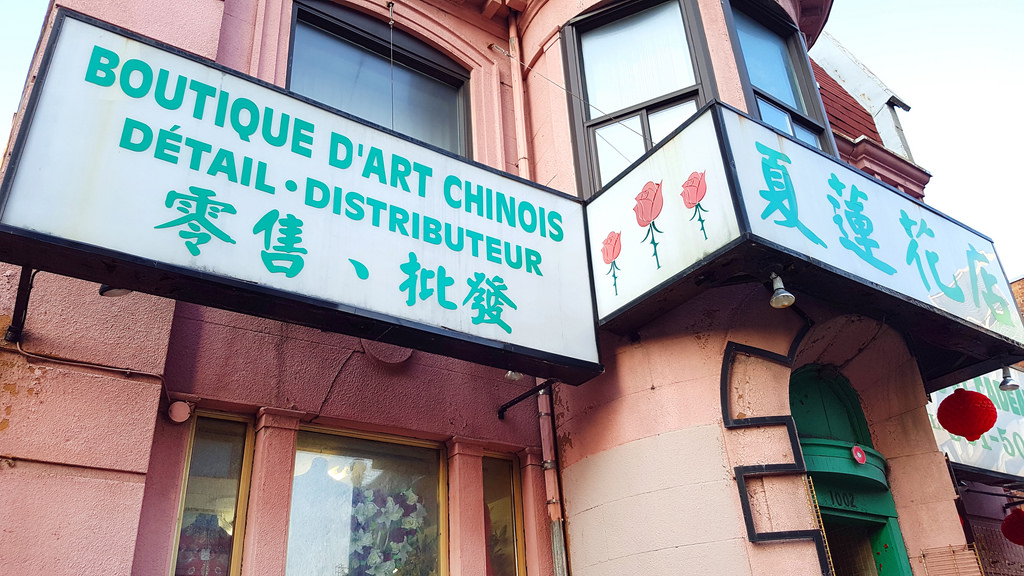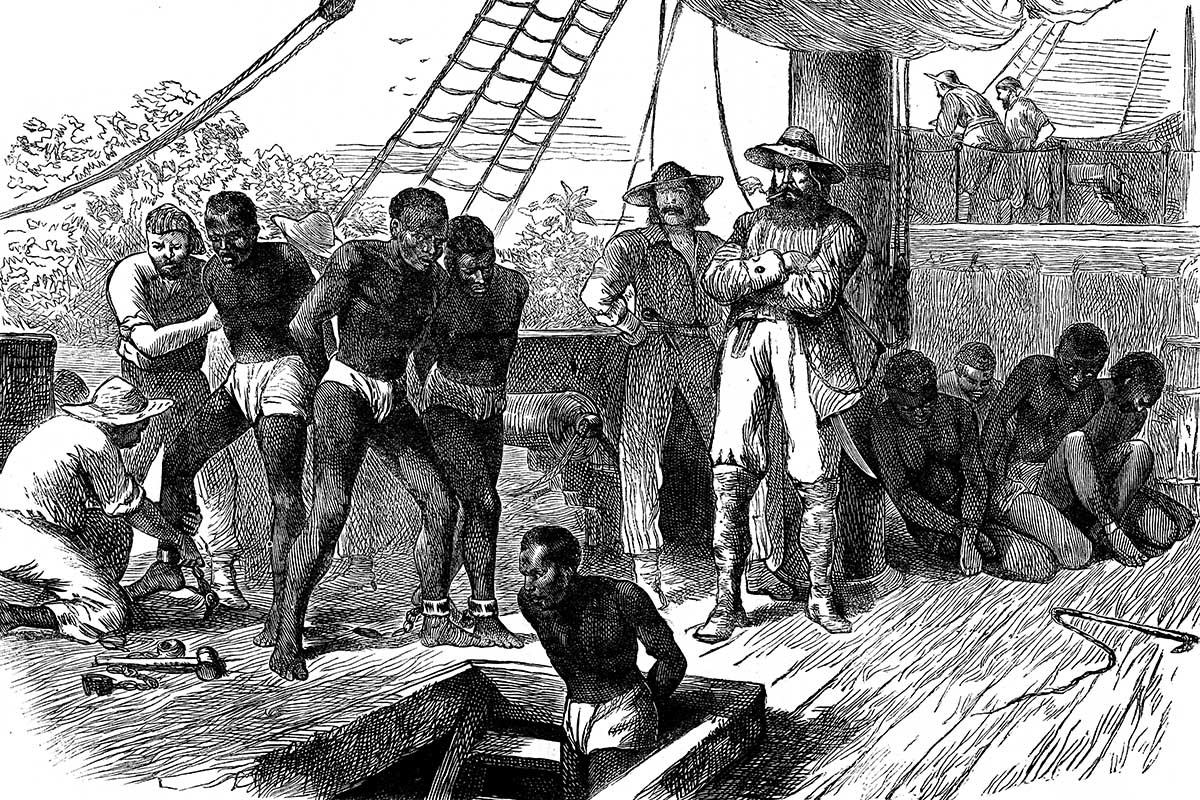“Learning mother tongue solves identity crisis”
May 2nd, 2017 Whether or not to learn one’s mother language is a question facing many immigrant youth, writes Hsin-Yi Lo, a Commonwealth Correspondent from Melbourne, Australia. She argues in favour of embracing the opportunity.
Whether or not to learn one’s mother language is a question facing many immigrant youth, writes Hsin-Yi Lo, a Commonwealth Correspondent from Melbourne, Australia. She argues in favour of embracing the opportunity.
To learn or not to learn your mother tongue? This question plagues us second generation immigrant youths (SGIY) growing up in Australia. Many SGIYs can testify we struggle to fit into both our adopted and inherited cultures and so, we plunge into an (cultural) identity crisis. Our dim knowledge of our origins bars us from fully appreciating and accepting our cultural heritage and who we are.
But it doesn’t have to be this way, because learning your mother language opens up connections to your roots.
As diasporas, our lives are pretty complicated. When I was a kid, my parents told me they hailed from a faraway land known as China. They painted a vision of the motherland with their sophisticated knowledge of the country’s vibrant history and culture. The imagery of the motherland was still distant, because I was born and raised in Australia, and I am used to the Australian way of life. Many SYIGs are never really accepted into mainstream culture because local Aussies treat you as ‘the other’. Even though multiculturalism is thriving in the downunder, I still need to explain to people where I’m really from and how my folks wound up in Australia.
At home, we experience elements of our cultural heritage: food, language, films or customs. Just when you think you won’t ever fit into Australian society, it’s the same when you visit your motherland. For me, I was branded as a mixed-blood foreigner and locals would speak English to me. Hence, SGIYs are caught in the middle. We embark on a journey to discover who we really are, and whether there’s room for us in-betweeners. To alleviate our problem, some choose one side over the other to have complete control of their self-ness.
We tend to have stronger affiliations with the culture and country we grew up in. Without firsthand contact with the motherland, our knowledge is limited and vague. But at the same time, our curiosity and desire to fit in to our inherited culture beckons us. In my own experience, I find that learning my mother tongue has helped me forge a stronger understanding and connection with my cultural heritage. Studies have shown cultural beliefs and history are reflected in language.
Learning your mother tongue shouldn’t be treated as a dreary obligation, because knowing another language is like uncovering a gold mine. Studies have shown that speaking another language broadens your open-mindedness, flexibility and deeper appreciation of cultures. There are many words and expressions that you can’t translate to English. For example, Chinese expressions have a lot of metaphorical references to nature and the five elements (metal, wood, water, fire and earth) because the Chinese believe in the concept of cosmic balance.
When I was in high school, I spent my Saturdays at a Chinese school. My parents spoke Cantonese to me when I was a kid. They imposed a strict family rule: Cantonese only. Sure, sometimes I struggle to articulate myself fully in my second language but the challenge is worth it because I have a chance to learn new words and phrases. Language maintenance isn’t easy, but there are easy ways you to maintain (and improve) your skills: watching TV shows, movies, news, and listening to music. And, if you’re up for the challenge, read a newspaper.
So in my visits to China, I got a lot more out of the journey because I was able to appreciate its fascinating yet complex history, customs, clever puns and even the four great classics.
Unfortunately, not all parents prioritise passing on their mother tongue to their children. Reasons vary, but many of my folks’ friends believe speaking English to their kids at home will ensure their children can fit in with the Aussies. But really, we’re not giving kids the credit they deserve – research has shown children can pick up languages very easily.
The cultural identity crisis is an esoteric experience. But we’re also blessed with having diversity as part of our lives. I believe we should learn to accept and appreciate our different worlds equally. Take some time to immerse yourself in your cultural heritage, because it really opens up a new world for you. After all, the Chinese word for ‘crisis’ also contains the word ‘opportunity’.
Reach me on Twitter @hsinyilo
photo credit: Exile on Ontario St Fleurs et Cadeaux Helen – Helen Flower and Gift Shop via photopin (license)
…………………………………………………………………………………………………………………
About me: I am a Multimedia Journalism Masters student at the University of Kent, UK. I am originally from Melbourne, Australia. I aspire to be a journalist because I enjoy story-telling and sharing knowledge and ideas. My interests are reading non-fiction, listening to music, sports, and travel.
…………………………………………………………………………………………………………………
Opinions expressed in this article are those of the author and do not necessarily represent the views of the Commonwealth Youth Programme. Articles are published in a spirit of dialogue, respect and understanding. If you disagree, why not submit a response?
To learn more about becoming a Commonwealth Correspondent please visit: http://www.yourcommonwealth.org/submit-articles/commonwealthcorrespondents/
…………………………………………………………………………………………………………………




